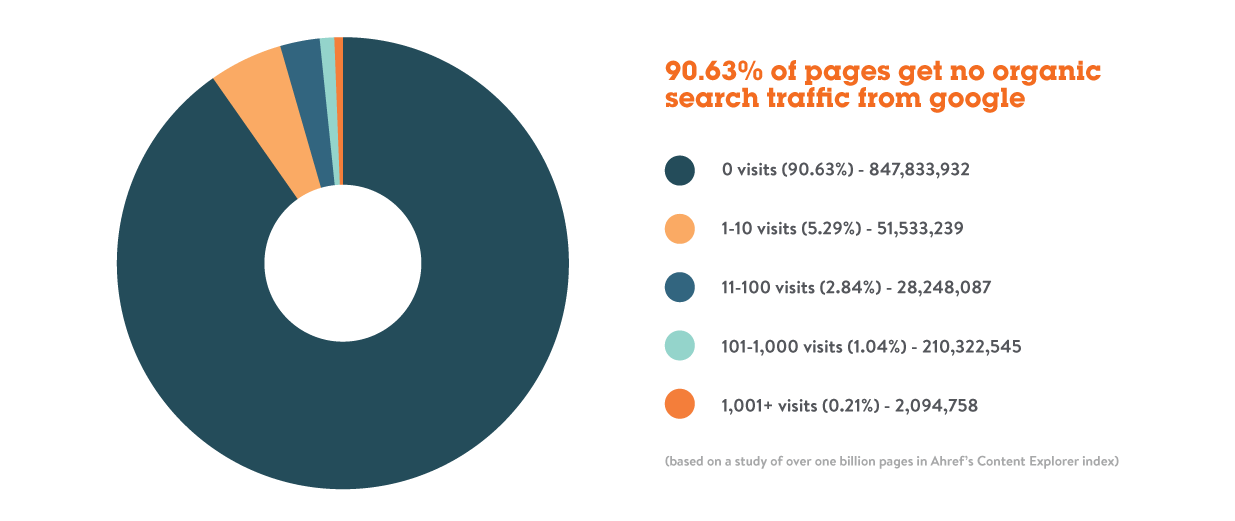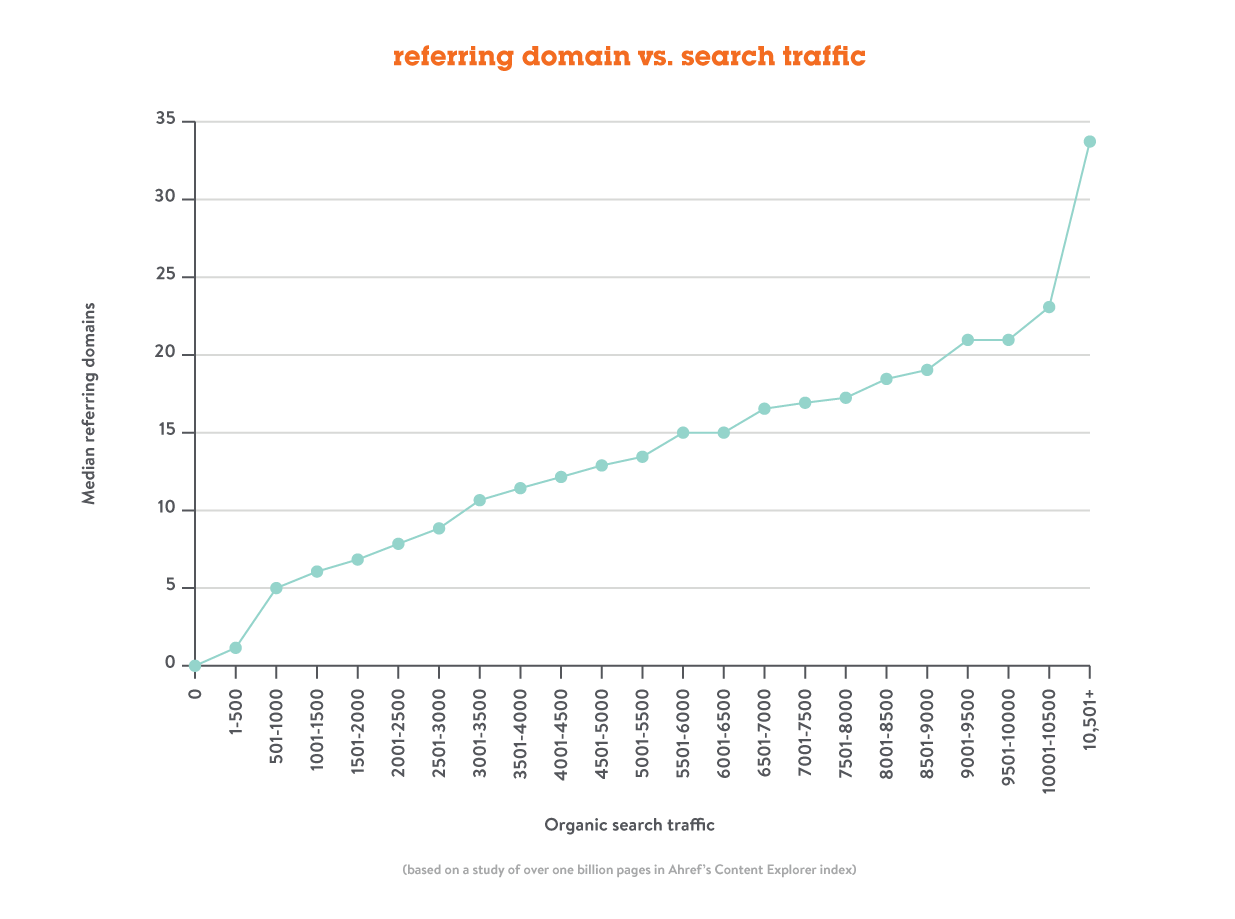Why Strong Writing Skills Are Essential to Digital Marketing
- 07.27.20
- 5 Min Read
Writing is everywhere, especially in digital marketing.
Social media? You need a writer to create posts, ads and other campaign materials.
Content marketing? You can’t have blogs, articles, guides, checklists, white papers or lead magnets without writing.
Need to shoot a cool video to share a review of your product? A skilled copywriter will put together a good script.
Blogging, customer research, scripts, product descriptions, landing pages — writing is at the center of customer conversions in one way or another.
Still, many businesses don’t use skilled writers to take care of marketing copy. This is especially true for small and medium-sized companies that don’t have the biggest budget to allocate to marketing. It might be easy to assume someone on your internal team can handle stringing together words to make coherent sentences, but without a professional copywriter, this is what you’re missing out on.
1. MORE ROI FROM DIGITAL AD CAMPAIGNS
In the past, we’ve blogged about the eight major reasons why digital ads aren’t working.
Three of them are directly connected to copywriting:
- ads don’t engage customers on an emotional level
- the ad copy looks spammy
- the copy is too salesy and full of marketing talk
It’s very easy to make these mistakes if the copy is written by someone without appropriate ad writing skills.
Here’s how a copywriter can help fix these problems and increase conversions:
- Lack of emotional engagement: copywriters know how to use language to tell a story that connects with consumers on an emotional level. When done correctly, that emotional connection will skew how a consumer perceives a brand.
- Spammy copy: consumers are smart, and they’ll steer clear if your ad comes across as too “spammy.” Copywriters are trained to avoid language that takes credibility away from the content and the brand.
- Salesy copy: overly salesy copywriting isn’t effective. Often, the ads that perform the best don’t look like ads; they’re organic and cater to your specific audiences. Writers know the best practices to avoid that “in-your-face” kind of advertising talk.
2. MORE CUSTOMERS VISITING YOUR WEBSITE
Want to showcase a beautiful portfolio or an impressive product offering? You need traffic. And not just any traffic. Quality traffic. You need people who are actually interested in your products and services to spend time on your site.
Digital ads, word of mouth and social media presence can only do the job for so long, but they’re not the best source of quality traffic.
Google is.
And many businesses aren’t doing a great job attracting organic traffic (potential customers). In fact, more than 90 percent of all content gets no Google traffic. And only 1.25 percent of businesses get more than 101 organic visits to their site a month.

This means a lot of opportunities are being missed. Can you imagine launching a campaign just to end up with a handful of visits and even fewer conversions?
One of the big reasons behind no or low traffic is a lack of backlinks (links from one website to another).
For Google, backlinks are a sign of reliability and quality, so it moves websites with backlinks higher in the search results.

Since website visitors mean potential customers, your website needs backlinks for your business to grow. To get them, you need to submit your content to other sites.
That’s where copywriters come in because they can create that content for you. They can write anything that people need (and are willing to give you a link back for). It might be something as common as articles and guides or something as complex as editing service reviews and opinion pieces.
This tactic is called guest blogging, and it’s a major part of PR marketing campaigns that the most successful businesses use. Some companies have reached as many as 1 million blog subscribers thanks to this tactic.
Since there’s no quality content without strong writing, businesses that don’t invest in copywriters to help curate guest blogs might be losing big.
3. MORE LEADS WITH LEAD MAGNETS
A lead magnet is a piece of downloadable content that businesses offer in exchange for a prospect’s contact information. You might also know it as “gated” content. It could be free resources, guides, reports or any content the target audience finds valuable.
This free white paper on measuring success in travel and tourism marketing, for example, is useful for marketers looking to learn how the industry tracks and applies marketing metrics. But for L&S, it helps collect a list of contact information from engaged prospects.
For many successful companies, lead magnets are a major source of quality leads.
Since people download them for the value, lead magnets bring in quality leads that the company nurtures by using the contact data provided.
Here’s how companies get leads with magnets.
Let’s suppose you’re running an HR company. You know that many teams have gone online because of the ongoing COVID-19 pandemic. So, businesses need quick and effective tips for at-home team building.
Sounds like an idea for a lead magnet, don’t you think? We agree.
Have your content writers work with HR pros to create a case study and a guide packed with at-home team building tips. You publish that guide on your website and launch an ad campaign to promote it.
People download it in exchange for their emails, and you’ll have a nice email list to share your marketing communications with.
So, once again, copywriters can help create copy that has value and is easy to read.
Lead magnets are a joint project with two major parties involved: knowledge givers (those supplying insights for content) and copywriters (those converting the insights into readable, clear and optimized copy).
4. EVEN MORE LEADS AND CUSTOMERS WITH STORYTELLING
Successfully selling takes more than high-quality products and impressive web design. Those things are expected. Marketing should take things a step further.
Consumers continue to have shrinking attention spans, so you need engaging tactics to catch them and keep them focused until they consider buying from you. And the best way to capture attention is storytelling. Storytelling attracts consumers and connects with more leads in an appealing way.
That’s why storytelling is one of the best content marketing strategies for non-salesy, meaningful and engaging marketing. Forbes even calls it “the future of marketing.”

As a marketing tool, storytelling can engage your audience, improve customer loyalty and bring more leads to your website. It’s especially useful in these areas:
- online sales: to encourage the reader to buy a product and stand out from the competition with unique stories
- personal branding: by describing one’s strengths and skills in a unique, personal way, one can bring in more customers
- advertising: to introduce a brand and raise awareness around it in the market
- marketing: to catch the attention of the audience and build strong customer relationships based on loyalty
Only someone with strong writing skills can create a story that engages, inspires and, ultimately, establishes trust with customers.
________________________
Daniela McVicker is a passionate digital marketer. Daniela is interested in everything related to SEO and blogging. She collaborates with EssayAssistant and other websites where she shares her experience and helps marketers make their names in the online world.






